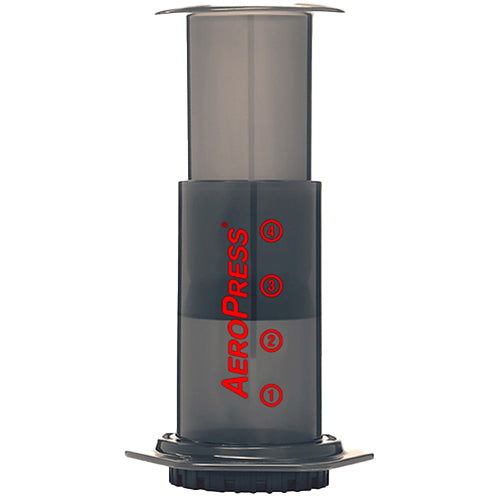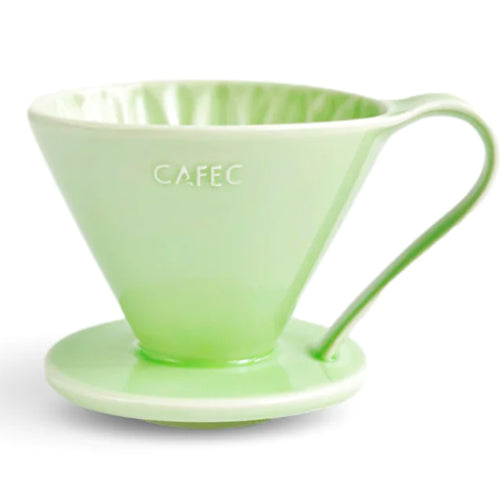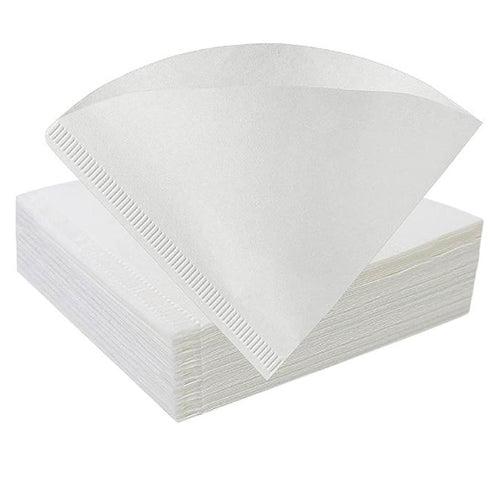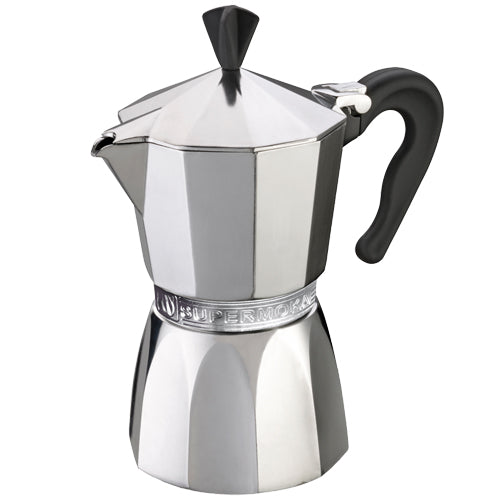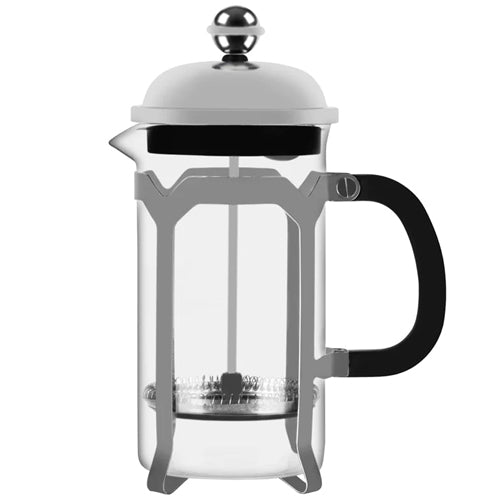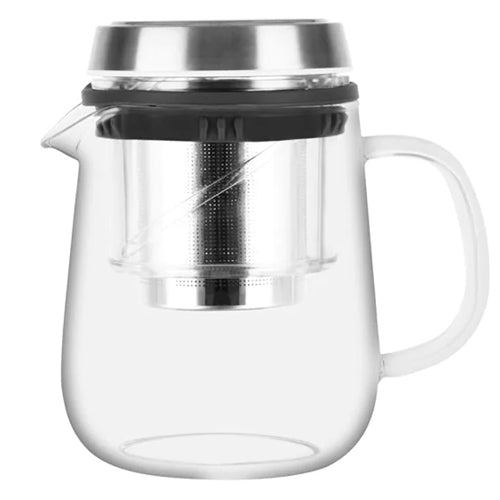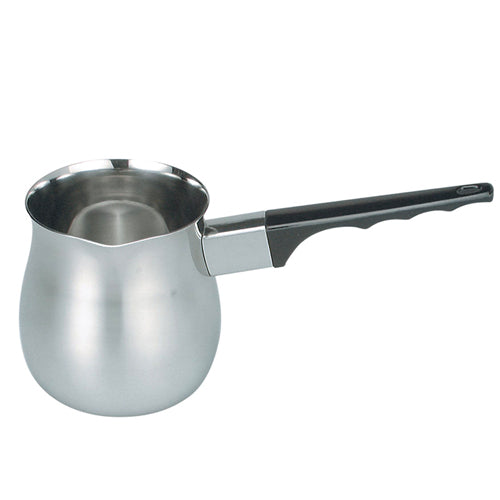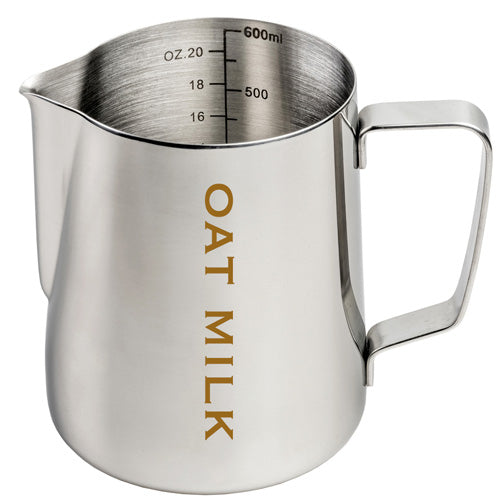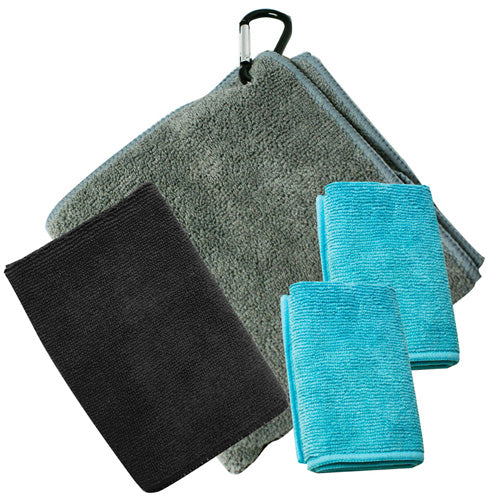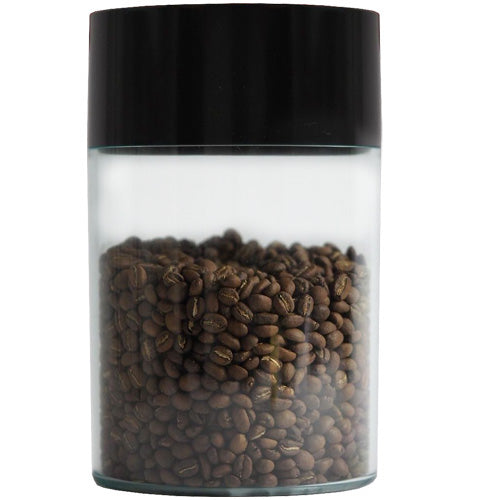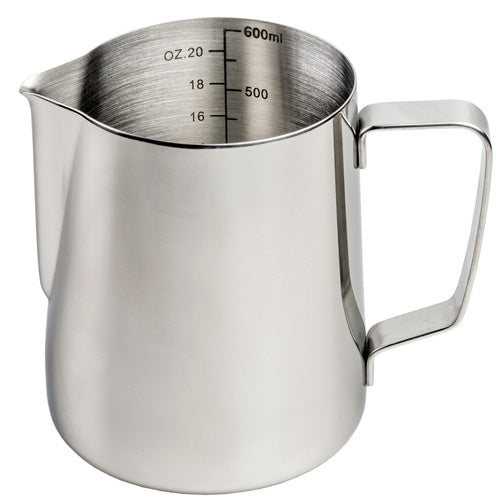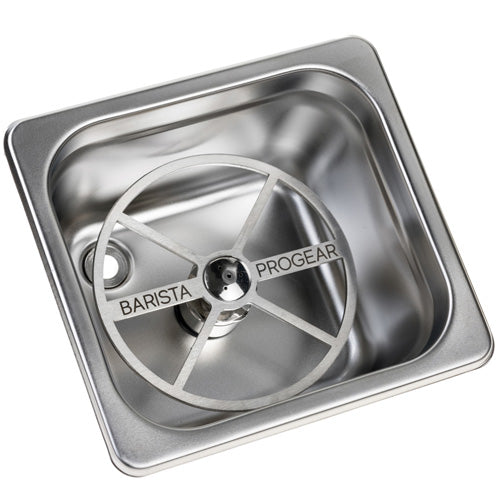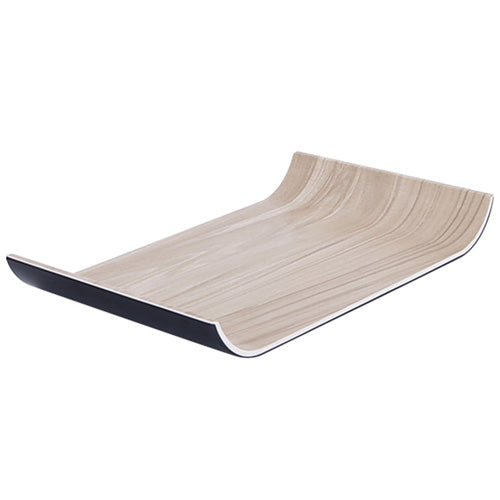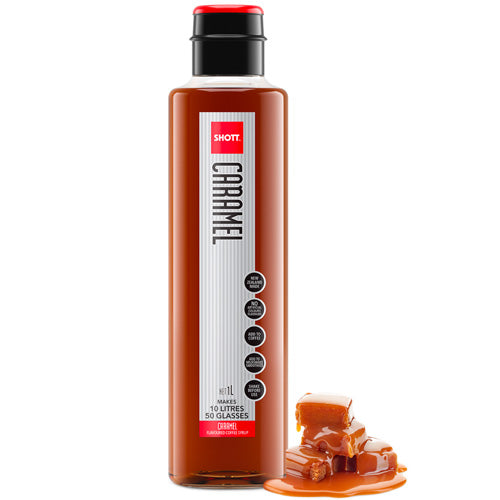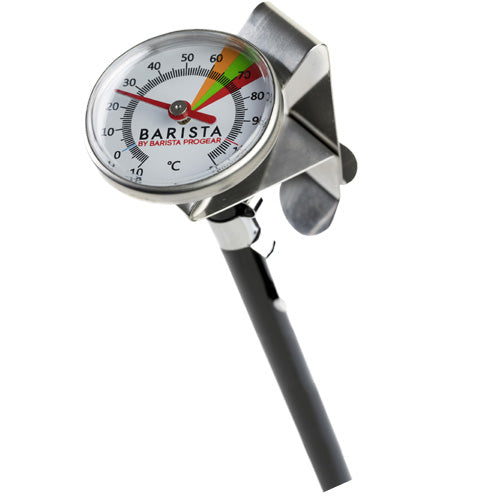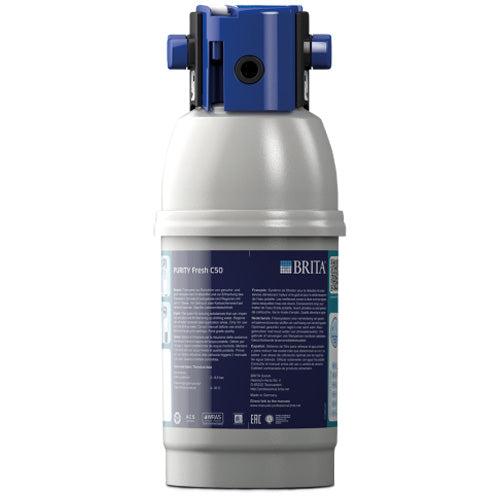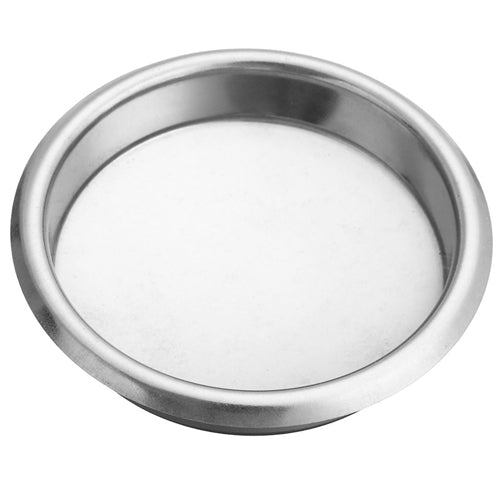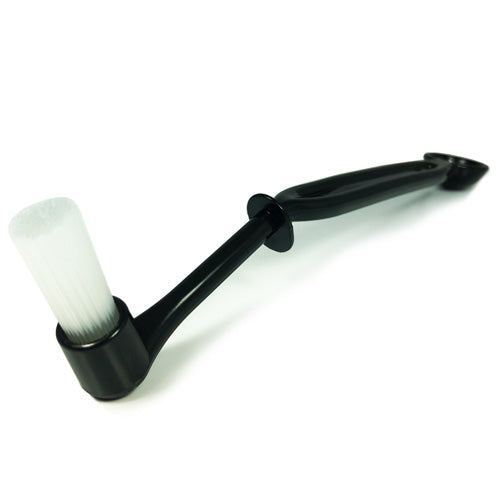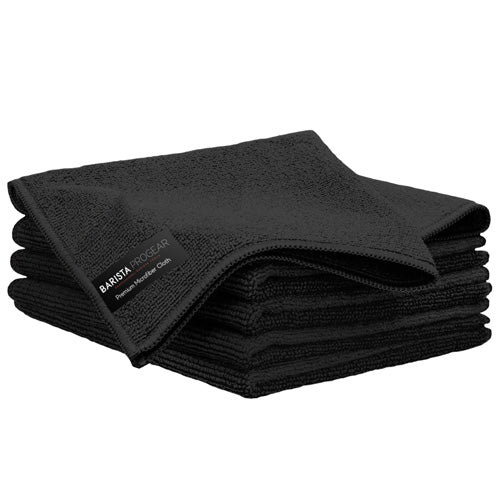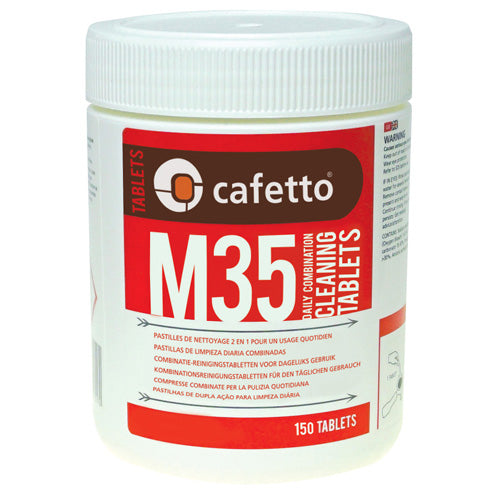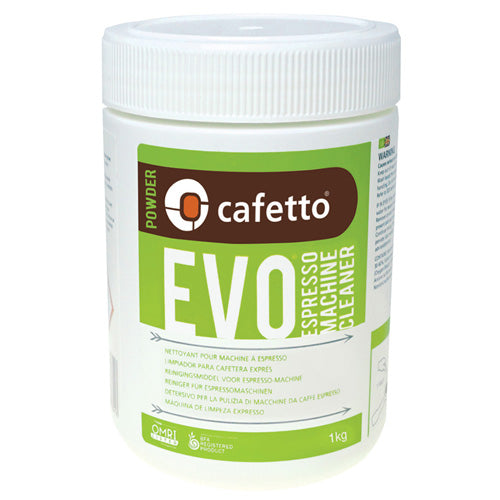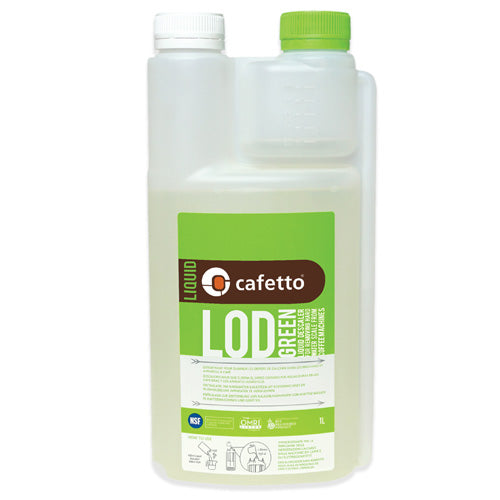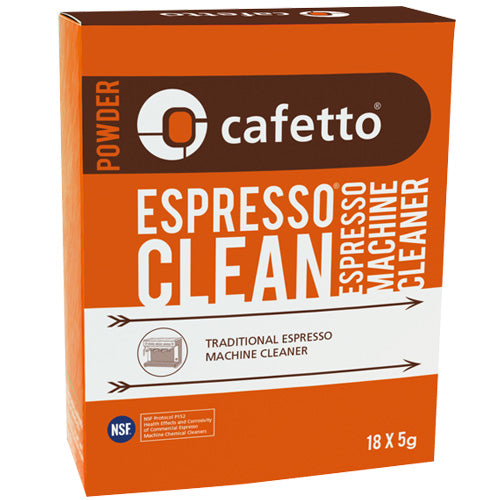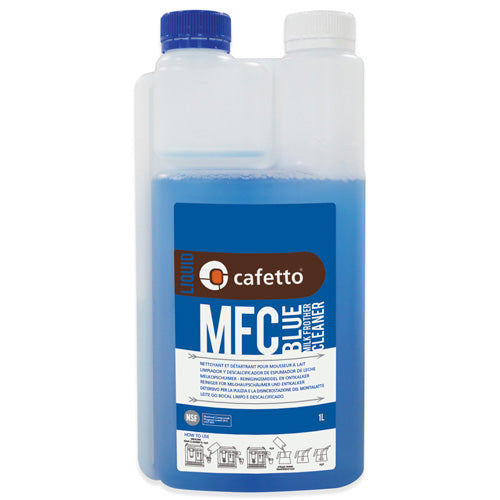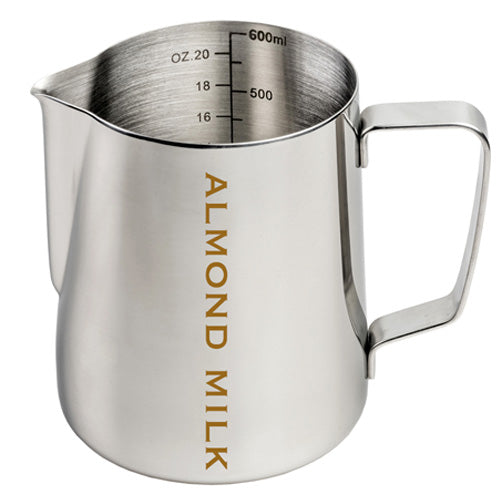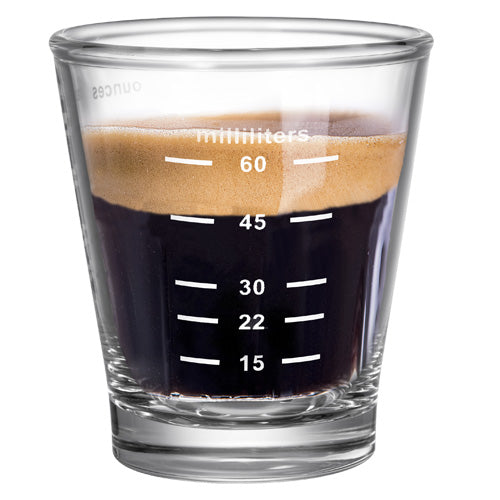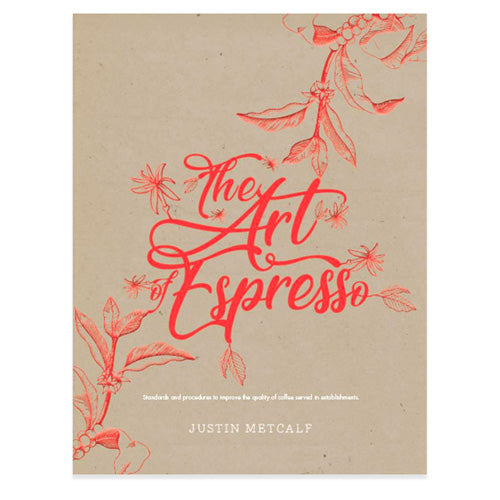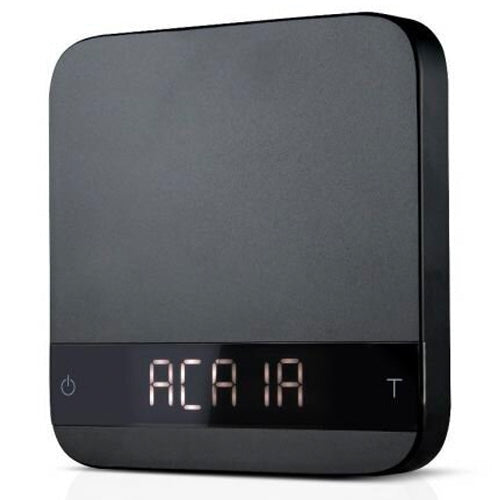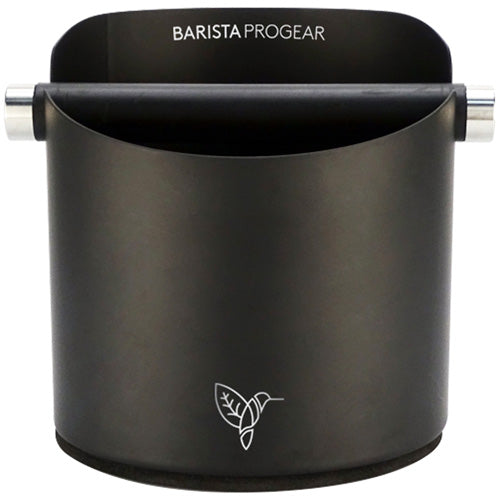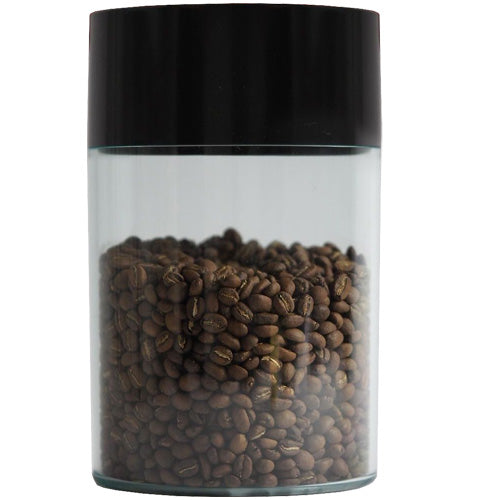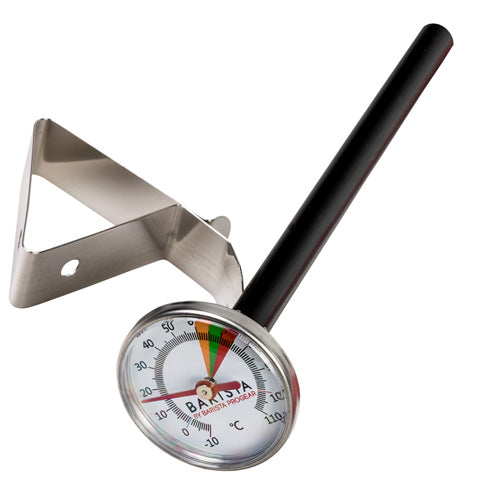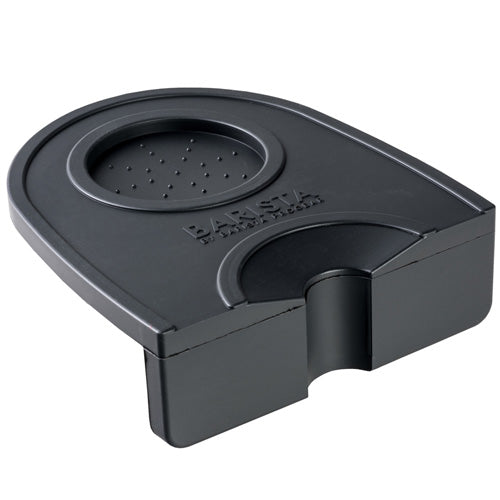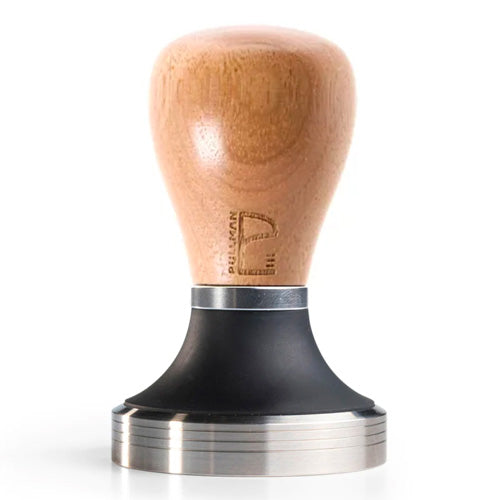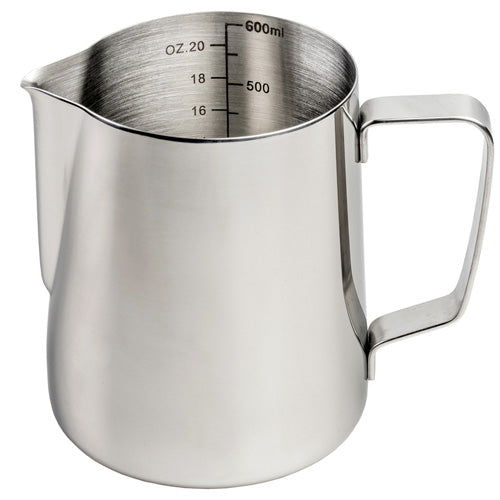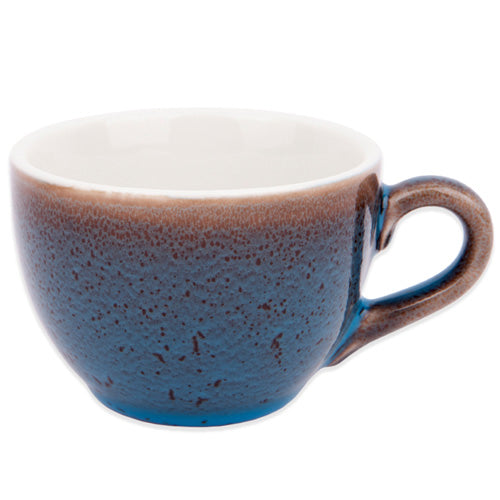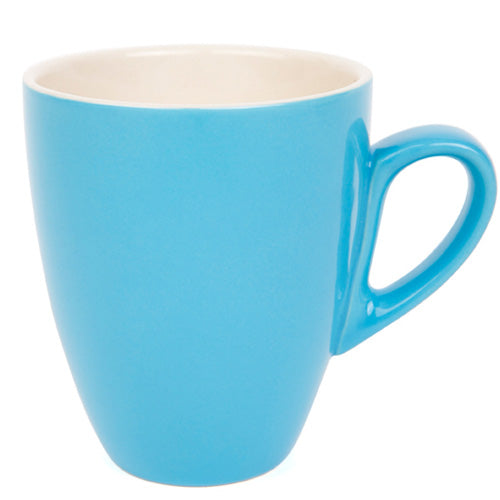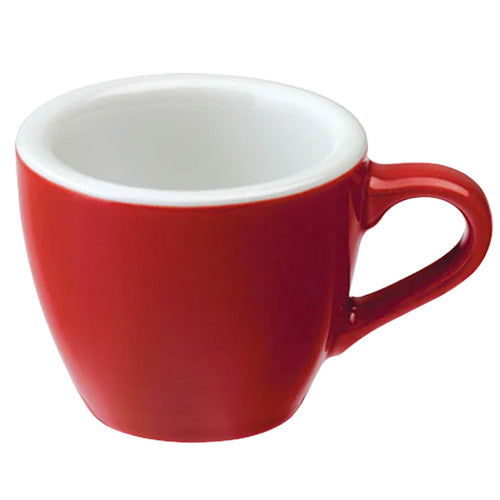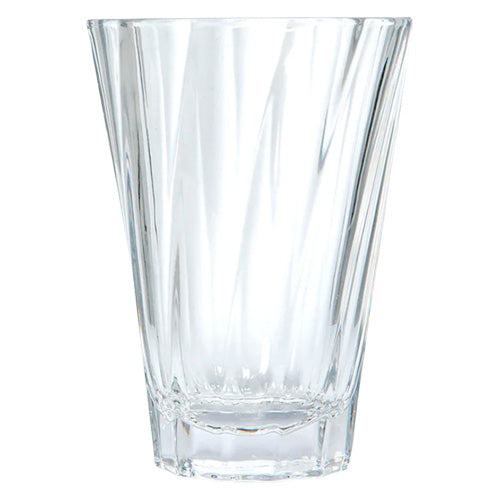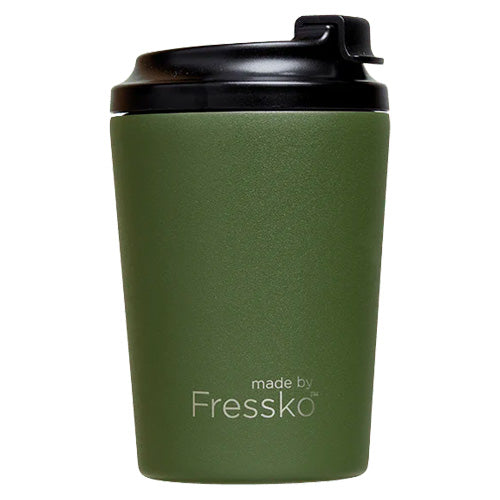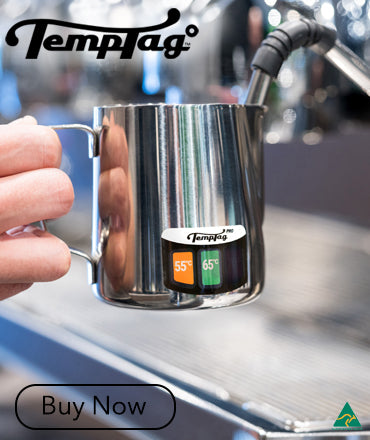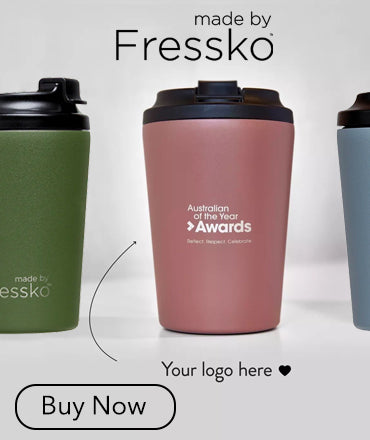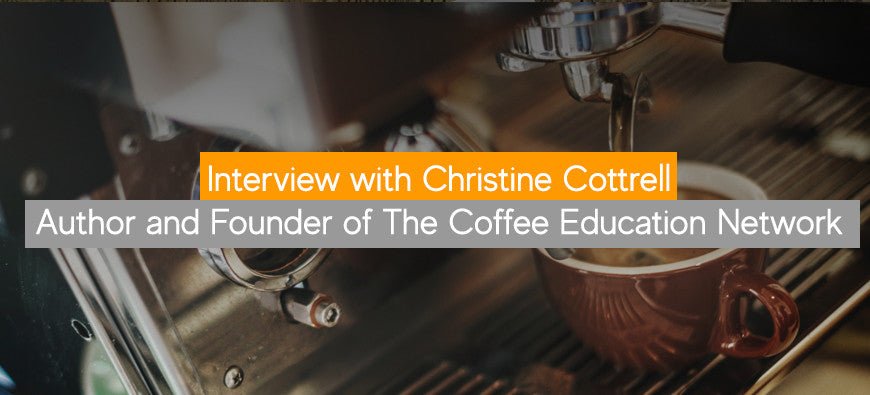We were very lucky for Christine to take time out of her busy schedule to talk to us about the Perfect Espresso range and her thoughts on the coffee industry.

Christine Cottrell is driven by passion for coffee and since starting Coffee Education Network in 2009, Christine has helped thousands to improve their espresso techniques and to more fully appreciate the espresso concept. Having written the Perfect Espresso training system, she now she leaves the training to others. But she still presents at conferences, social functions and events on the topic near to everyone’s tastebuds. We were very lucky for Christine to take time out of her busy schedule to talk to us about the Perfect Espresso range and her thoughts on the coffee industry.
For the people who don’t know, could you give us a short introduction to who you are and what you do?
I’ve designed and published a time-and-energy-saving barista training system – for barista trainers to use when training their own baristas at their location. I’m a trained teacher with over 20 years of teaching experience, most of which was as a hospitality trainer. After that I decided to specialise in coffee training and started my own business – more than 10 years ago now.
What inspired you to write your first book?
Inspiration came from two sources. Firstly, the fact that there was almost nothing written about espresso coffee in the 1990s, led me to think that someone had to write what trainers need, to deliver good quality, informed training. Secondly, I was amazed at how many myths and inconsistencies were being bandied around years ago. It seemed everyone had something different to say about espresso. So with my academic hat on, I did the research, and set myself the task of dispelling the myths and getting to the truth of everything about espresso.
How many books have you written? Which is your favorite? And why?
I’ve written and published 10 products in total. Together they make up the Perfect Espresso training system. So there are 5 books, 2 CDs, a set of 20 wall charts and a customer service kit. My favourite is the
Barista Bible because it was my first book and I put my heart and soul into producing it – twice. There’s now a 2nd edition.
How would you describe The Barista Bible to someone who has not read it?
The
Barista Bible is the most detailed technical book on the market about how to prepare and serve espresso coffee. It was thoroughly researched and I had different espresso experts check particular sections for accuracy and industry currency. The text is easy to read and understand and it’s supported by hundreds of photos, illustrations, flow diagrams, stories, case studies ... and more. Others have said, you can tell a teacher wrote it! It’s also beautifully designed and would sit just as happily on any coffee lover’s coffee table as it does under the counter in a café.
What do you do when you are not writing?
I’m spending a lot of time marketing the books and training resources around the world right now. Also researching the latest global trends and developments in the coffee industry – for future publications. Over 5 years, we’ve established markets in the UK and Europe and last year we started on North America. So my husband and I are travelling a lot at the moment. At home, we love entertaining and gardening, And yes, our guests can rely on us to serve good coffee and we’ve made space for a few coffee trees in our very small garden – in the name of research and bit of fun!
How do you feel the coffee industry has changed in recent years?
The changes in the coffee industry in recent years have been many and they’ve been happening at a fast pace. Particularly with what baristas are doing, each year the bar is raised considerably and their skill and knowledge improves enormously. They’ve been experimenting with everything (especially with the various espresso-making specifications such as temperature and pressure). So the specifications we used for preparing espresso in the past are no longer the acceptable guidelines. Keen to understand the journey from crop to cup, they’re travelling to origin to learn about growing and processing, collaborating with roasters on blends and roast styles and demanding changes to machine technology from the machine manufacturers. Baristas today are highly-skilled professionals who take coffee beans and beverages (and ultimately, their customer’s needs) seriously
In what direction do you see the coffee industry going in the next 10 years?
The single-serve market will continue to grow and improve, especially for the home and office market. Alongside this, barista-made coffee will continue to thrive with more specialty cafes and roasteries bobbing up around the world, particularly in developing countries and regional areas in developed countries. Sustainability will continue to be a major issue – with further solutions to things like climate change and its effect on coffee supply. And better solutions to the enormous amount of waste in the café industry. We’ll see more focus on the grower at the consumer level. To date you probably have some kind of relationship with your barista and possibly your roaster. In the future, you‘ll hear more about what particular growers of your coffee beans are doing. It’s time for the grower to take their rightful place alongside your roaster and barista.
What question do you get asked the most about coffee?
What’s the best place to store coffee beans?
What project are you currently working on? What can we expect from you in the future?
Currently I’m working on professional development for coffee trainers – particularly in schools and colleges. Not many people realise how much coffee training is going on in Australian and New Zealand high schools. This doesn’t happen in other countries around the world and is possibly one reason why Australia and New Zealand have such highly developed coffee cultures. Our baristas are starting out in their coffee careers very early in life. My aim is to keep their trainers abreast of trends and developments in the industry, link them with sources of good training, expose them to coffee trade shows and events (such as cupping and latte art smackdowns), and buddy them up with good baristas. We’re also working on expanding the Become a Barista competition for trainee baristas we started 4 years ago in Queensland. We’ve commenced discussions about one in Victoria.
And finally how do you have your coffee?
I enjoy a wide range of single origins and blends from a variety of roasters. Mostly, I enjoy my coffee black – either long or short. My only exception is when I have some cream left over from cooking something. I just love a little cream in my espresso every now and then! The more my coffee tastebuds matured, the less I liked milk in my coffee.
Christine, we would like to thank you for your time and we look forward to future books from Perfect Espresso.
[porto_product_category title="The Coffee Education Network" view="products-slider" category="Perfect Espresso"]
 Christine Cottrell is driven by passion for coffee and since starting Coffee Education Network in 2009, Christine has helped thousands to improve their espresso techniques and to more fully appreciate the espresso concept. Having written the Perfect Espresso training system, she now she leaves the training to others. But she still presents at conferences, social functions and events on the topic near to everyone’s tastebuds. We were very lucky for Christine to take time out of her busy schedule to talk to us about the Perfect Espresso range and her thoughts on the coffee industry.
Christine Cottrell is driven by passion for coffee and since starting Coffee Education Network in 2009, Christine has helped thousands to improve their espresso techniques and to more fully appreciate the espresso concept. Having written the Perfect Espresso training system, she now she leaves the training to others. But she still presents at conferences, social functions and events on the topic near to everyone’s tastebuds. We were very lucky for Christine to take time out of her busy schedule to talk to us about the Perfect Espresso range and her thoughts on the coffee industry.
 Christine Cottrell is driven by passion for coffee and since starting Coffee Education Network in 2009, Christine has helped thousands to improve their espresso techniques and to more fully appreciate the espresso concept. Having written the Perfect Espresso training system, she now she leaves the training to others. But she still presents at conferences, social functions and events on the topic near to everyone’s tastebuds. We were very lucky for Christine to take time out of her busy schedule to talk to us about the Perfect Espresso range and her thoughts on the coffee industry.
Christine Cottrell is driven by passion for coffee and since starting Coffee Education Network in 2009, Christine has helped thousands to improve their espresso techniques and to more fully appreciate the espresso concept. Having written the Perfect Espresso training system, she now she leaves the training to others. But she still presents at conferences, social functions and events on the topic near to everyone’s tastebuds. We were very lucky for Christine to take time out of her busy schedule to talk to us about the Perfect Espresso range and her thoughts on the coffee industry.


